38 vector biology definition
Vector (biology) - ScienceDaily Vector (biology) Traditionally in medicine, a vector is an organism that does not cause disease itself but which spreads infection by conveying pathogens from one host to another. Note: The above... pBR322 Vector -Definition, Structure, Sites, Applications It is a synthetic plasmid and was the first artificial plasmid to be constructed and used as a cloning vector . pBR322 is one of the most studied plasmids. It is 4362 base pairs long. It is completely sequenced, which means the whole sequence of pBR322 is known and studied. Its molecular weight is 2.83 x 10 6 Daltons. pBR322 Vector.
calconcalculator.com › math › vector-magnitudeVector Magnitude Calculator with steps - Definition Feb 22, 2022 · This Vector Magnitude Calculator is a straightforward tool for estimating magnitude from vector components. In this text, you’ll learn how to find the magnitude of a vector and become familiar with the general magnitude of a vector formula, what is math definition of a vector, how to use this calculator, and more.

Vector biology definition
Vector Definition & Meaning - Merriam-Webster Definition of vector (Entry 1 of 2) 1 a : a quantity that has magnitude and direction and that is commonly represented by a directed line segment whose length represents the magnitude and whose orientation in space represents the direction broadly : an element of a vector space b : a course or compass direction especially of an airplane byjus.com › physics › scalars-and-vectorsVector and Scalar - Definition, Vector Addition and ... - BYJUS Apr 23, 2019 · Now, about vector subtraction, it is the same as adding the negative of the vector to be subtracted. To better understand, let us look at the example given below. Let us consider two vectors, A and B, as shown in the figure below. We need to subtract vector B from vector A. It is just the same as adding vector B and vector A. › maths › vector-calculusVector Calculus – Definition, Formulas and Identities - VEDANTU Vector Calculus Definition. Vector calculus is also known as vector analysis which deals with the differentiation and the integration of the vector field in the three-dimensional Euclidean space. Vector fields represent the distribution of a given vector to each point in the subset of the space.
Vector biology definition. Vector Definition and Examples - Biology Online Dictionary Biology definition: A biological vector is an organism that transmits the causative agent or disease -causing organism from the reservoir to the host. It may also refer to a reproductive agent, dispersing reproductive structures, such as a bee that serves as a vector in transmitting pollen to the stigma of a flower. Vector (biology) - Simple English Wikipedia, the free encyclopedia Vector (biology) A vector in biology is an animal on or in which a small living thing gets transported. The vector gets no benefit and sometimes loses fitness by the arrangement. The term is most used for the transport of parasites and agents of infection or disease. So, deadly diseases, such as malaria and dengue fever, are carried by some ... Vector (biology) | definition of Vector (biology) by Medical dictionary vector [ vek´tor] 1. a carrier, especially the animal (usually an arthropod) that transfers an infective agent from one host to another. Examples are the mosquito that carries the malaria parasite Plasmodium between humans, and the tsetse fly that carries trypanosomes from other animals to humans. Vector Definition in Science - ThoughtCo Vector Definition in Biology and Medicine In the biological sciences, the term vector refers to an organism that transmits a disease, parasite, or genetic information from one species to another. Examples: Mosquitoes are a vector of malaria. A virus may be used as a vector to insert genes into a bacterial cell. Cite this Article
study.com › vector-spaces-definition-exampleWhat is a Vector Space? | Properties & Examples - Study.com Feb 09, 2022 · What Are Vector Spaces? To define a vector space, first we need a few basic definitions. A set is a collection of distinct objects called elements. The elements are usually real or complex numbers ... What is a vector? - PMC - National Center for Biotechnology Information An overview of existing definitions of 'vector' One of the broadest definitions defines a vector as any organism (vertebrate or invertebrate) that functions as a carrier of an infectious agent between organisms of a different species [ 19 ]. Vector (biology) Facts for Kids | KidzSearch.com A vector in biology is an animal on or in which a small living thing gets transported. The vector gets no benefit and sometimes loses fitness by the arrangement. The term is most used for the transport of parasites and agents of infection or disease. So, deadly diseases, such as malaria and dengue fever, are carried by some mosquitoes . Vector Biology - National Institute of Allergy and Infectious Diseases NIAID conducts and supports a comprehensive vector biology research program to advance science and identify approaches that will help control or prevent the transmission of vector-borne pathogens to humans. This includes basic research to better understand the biology of arthropod vectors, how they transmit diseases, and how they find and ...
Vector Biology Flashcards | Quizlet Vector. A carrier (usually an arthropod) that transfers an infective agent from one host to another. Malaria. Affects 41% of the world. 350-500m/year cases. Transmission. Physical contact with infected individuals, liquids, food, body fluids, contaminated objects and airborne inhalation cause.... Physical contact. Cloning Vector - Definition, Features and Types - BYJUS What is a Cloning Vector? A vector is a DNA molecule that is used to carry a foreign DNA into the host cell. It has the ability to self replicate and integrate into the host cell. These vectors have helped in analysing the molecular structure of DNA. Vectors can be a plasmid from the bacterium, a cell from the higher organism or DNA from a virus. (PDF) What is a vector? - researchgate.net A vector is an animal that transmits a disease to other organisms. An insect that transmits a disease is known as an insect vector, and the disease it transmits is referred to as a vectorborne ... Vector Definition & Meaning | Dictionary.com vector [ vĕk ′tər ] n. An organism, such as a mosquito or tick, that carries disease-causing microorganisms from one host to another. A bacteriophage, a plasmid, or another agent that transfers genetic material from one location to another. A quantity, such as velocity, completely specified by a magnitude and a direction.
Vector (molecular biology) - Wikipedia Vector (molecular biology) In molecular cloning, a vector is any particle (e.g., plasmids, cosmids, Lambda phages) used as a vehicle to artificially carry a foreign nucleic sequence - usually DNA - into another cell, where it can be replicated and/or expressed. [1] A vector containing foreign DNA is termed recombinant DNA.
Medical Definition of Vector - MedicineNet Vector: In medicine, a carrier of disease or of medication. For example, in malaria a mosquito is the vector that carries and transfers the infectious agent. In molecular biology, a vector may be a virus or a plasmid that carries a piece of foreign DNA to a host cell. CONTINUE SCROLLING OR CLICK HERE SLIDESHOW
› genetics-glossary › VectorVector - Genome.gov Definition 00:00 00:34 A vector, as related to molecular biology, is a DNA molecule (often plasmid or virus) that is used as a vehicle to carry a particular DNA segment into a host cell as part of a cloning or recombinant DNA technique. The vector typically assists in replicating and/or expressing the inserted DNA sequence inside the host cell.
dictionary.cambridge.org › dictionary › englishVECTOR | meaning, definition in Cambridge English Dictionary vector definition: 1. something physical such as a force that has size and direction 2. something that can be…. Learn more.
Plasmid - Definition, Types and Functions | Biology Dictionary Plasmid Definition. A plasmid is a small, circular piece of DNA that is different than the chromosomal DNA, which is all the genetic material found in an organism's chromosomes. It replicates independently of chromosomal DNA. Plasmids are mainly found in bacteria, but they can also be found in archaea and multicellular organisms.
byjus.com › maths › vector-calculusVector Calculus - Definition, Formula and Identities - BYJUS Vector analysis is an analysis which deals with the quantities that have both magnitude and direction. Vector calculus deals with two integrals such as line integrals and surface integrals. Line Integral. In Vector Calculus, a line integral of a vector field is defined as an integral of some function along a curve.
Biological vector | definition of biological vector by Medical dictionary vector [ vek´tor] 1. a carrier, especially the animal (usually an arthropod) that transfers an infective agent from one host to another. Examples are the mosquito that carries the malaria parasite Plasmodium between humans, and the tsetse fly that carries trypanosomes from other animals to humans.

Selectable Marker: Definition || How Selectable Marker helps in selection of recombinant colonies?||
Vector- Definition, Features, Types, Examples, Applications, Limitations A vector is a substance, usually a piece of DNA that carries a sequence of DNA or other genetic material and introduces it into a new cell. Vectors act as vehicles to transfer genetic material from one cell to the other for different purposes like multiplying, expressing, or isolation.
› maths › vector-calculusVector Calculus – Definition, Formulas and Identities - VEDANTU Vector Calculus Definition. Vector calculus is also known as vector analysis which deals with the differentiation and the integration of the vector field in the three-dimensional Euclidean space. Vector fields represent the distribution of a given vector to each point in the subset of the space.
byjus.com › physics › scalars-and-vectorsVector and Scalar - Definition, Vector Addition and ... - BYJUS Apr 23, 2019 · Now, about vector subtraction, it is the same as adding the negative of the vector to be subtracted. To better understand, let us look at the example given below. Let us consider two vectors, A and B, as shown in the figure below. We need to subtract vector B from vector A. It is just the same as adding vector B and vector A.
Vector Definition & Meaning - Merriam-Webster Definition of vector (Entry 1 of 2) 1 a : a quantity that has magnitude and direction and that is commonly represented by a directed line segment whose length represents the magnitude and whose orientation in space represents the direction broadly : an element of a vector space b : a course or compass direction especially of an airplane
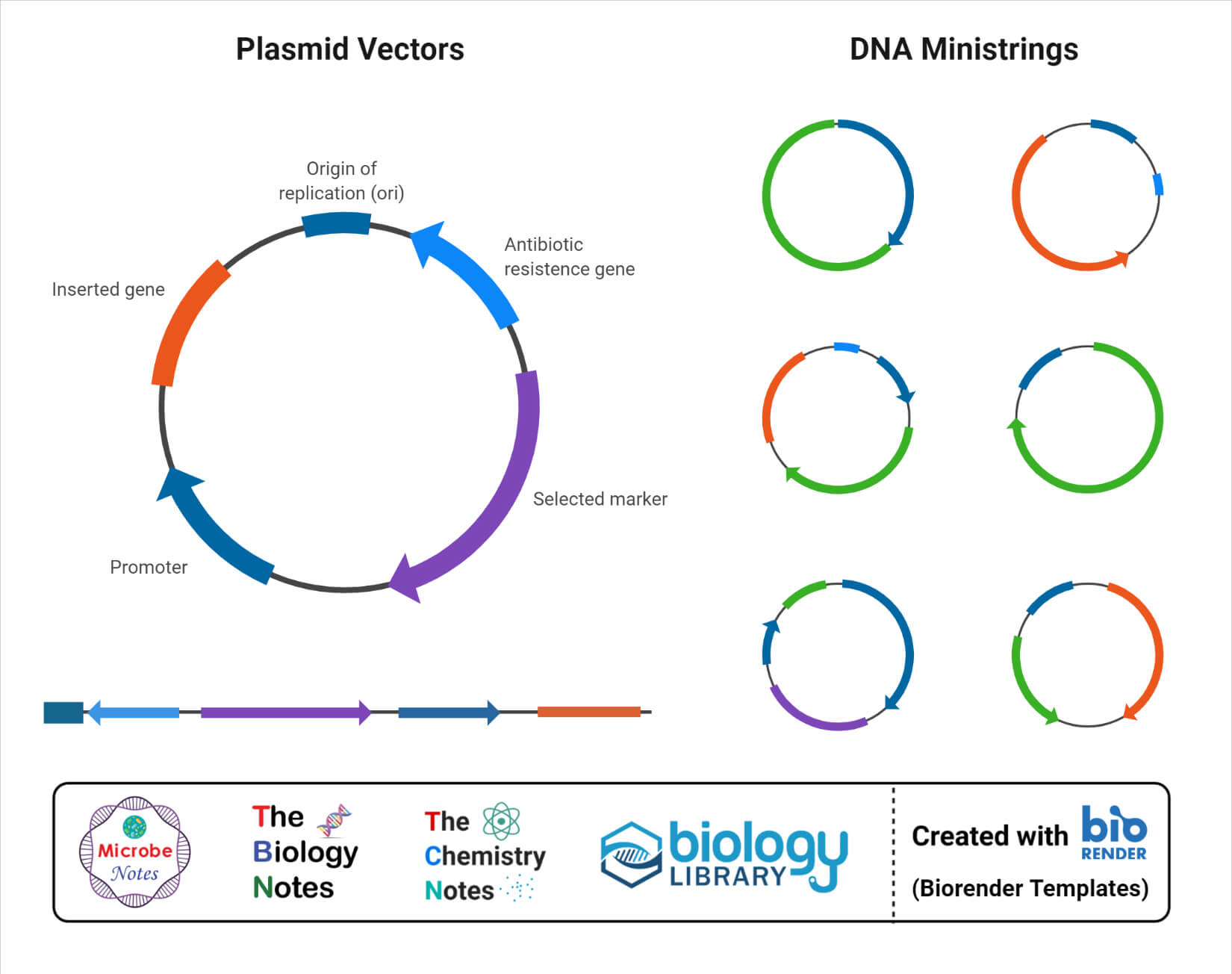
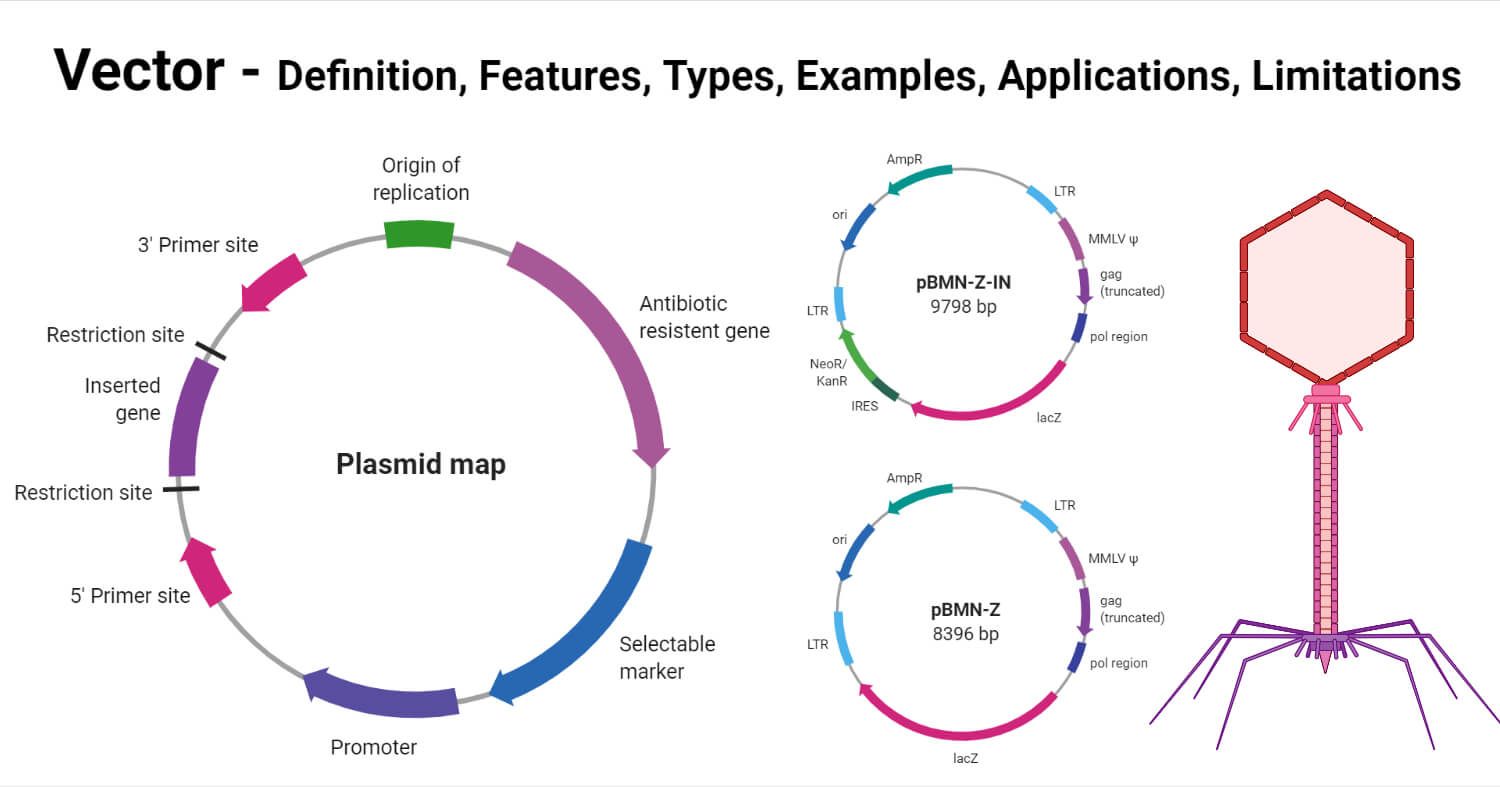

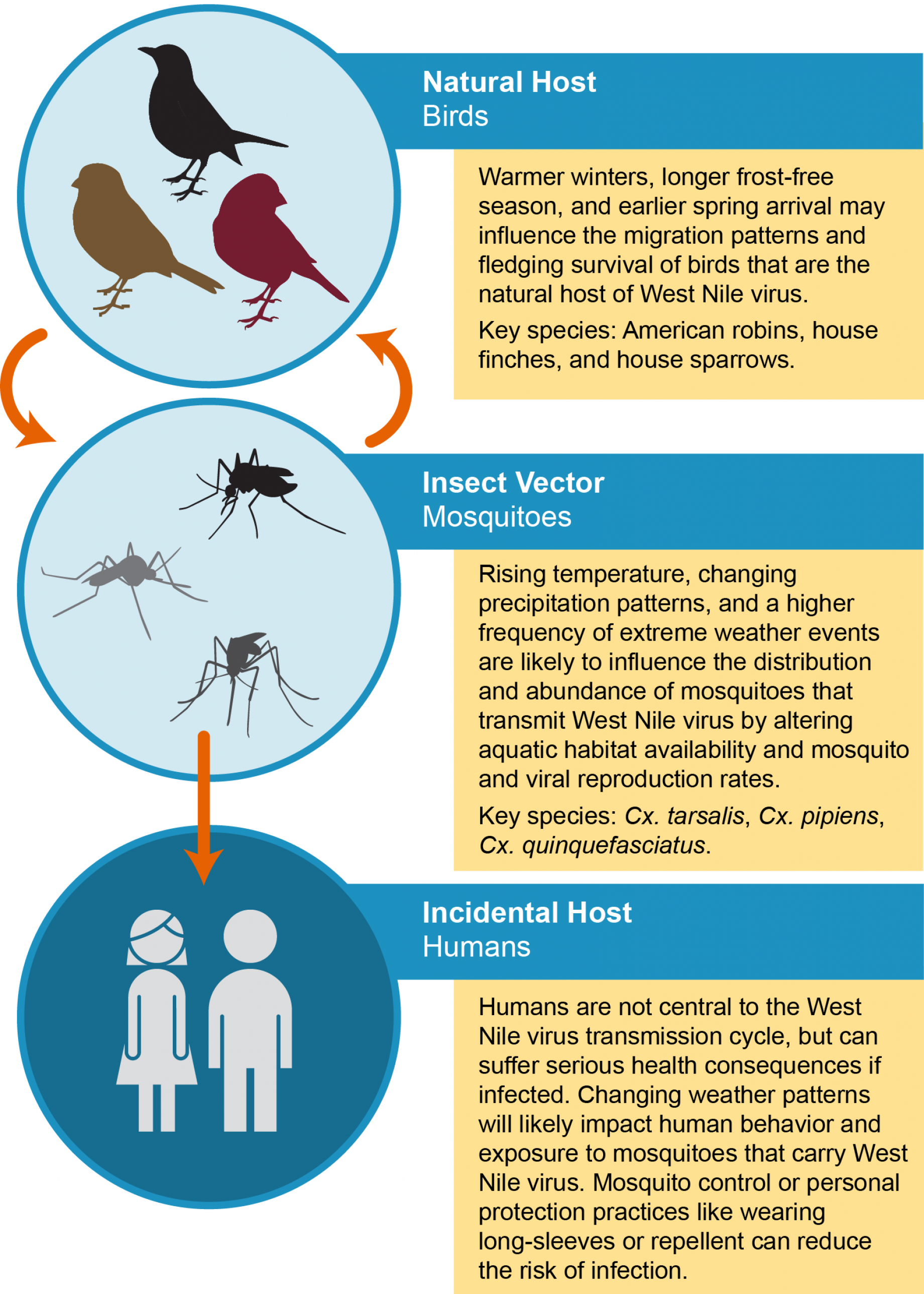



/vector-addition-141482002-599f183d9abed50011663dec.jpg)




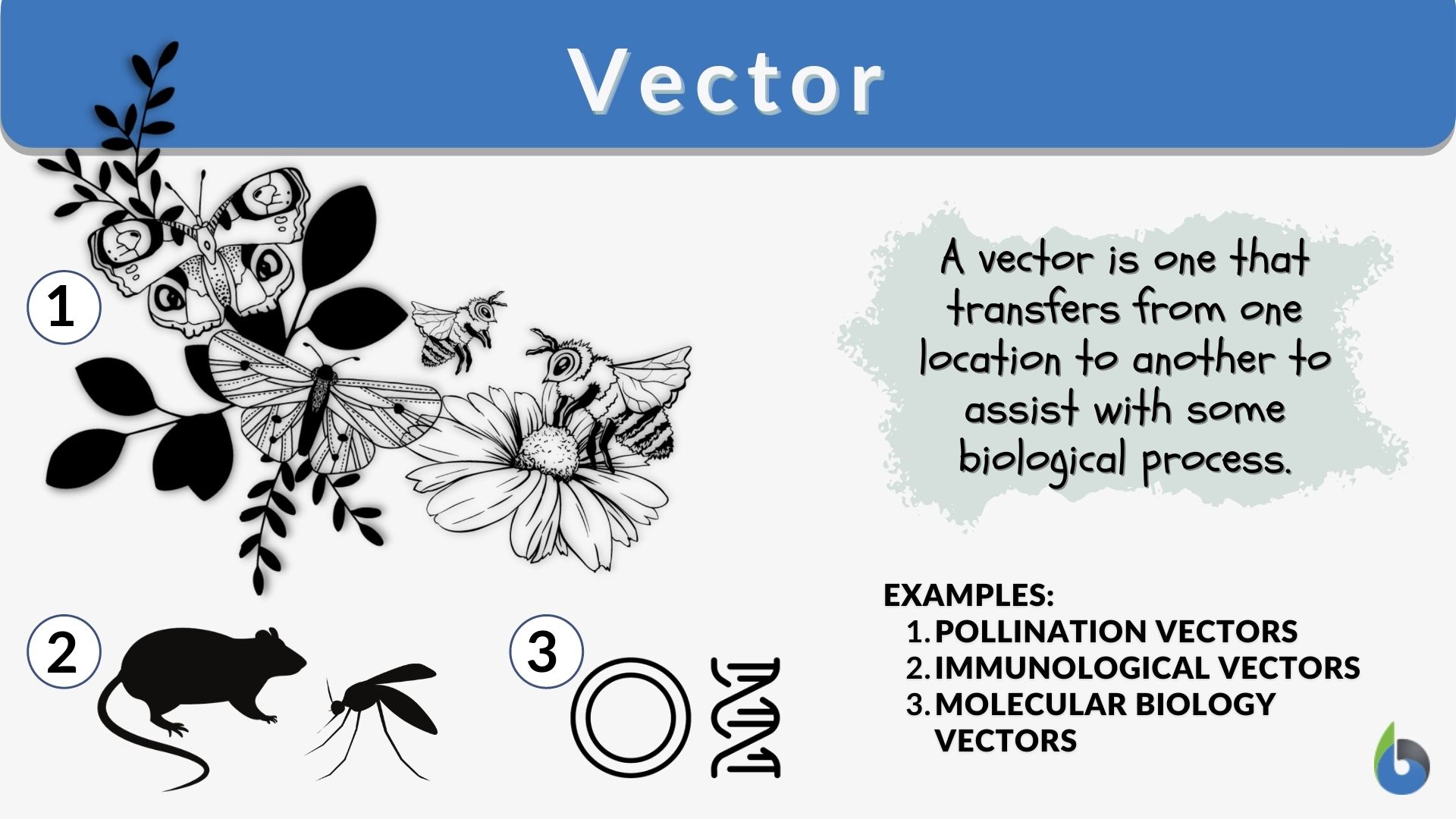


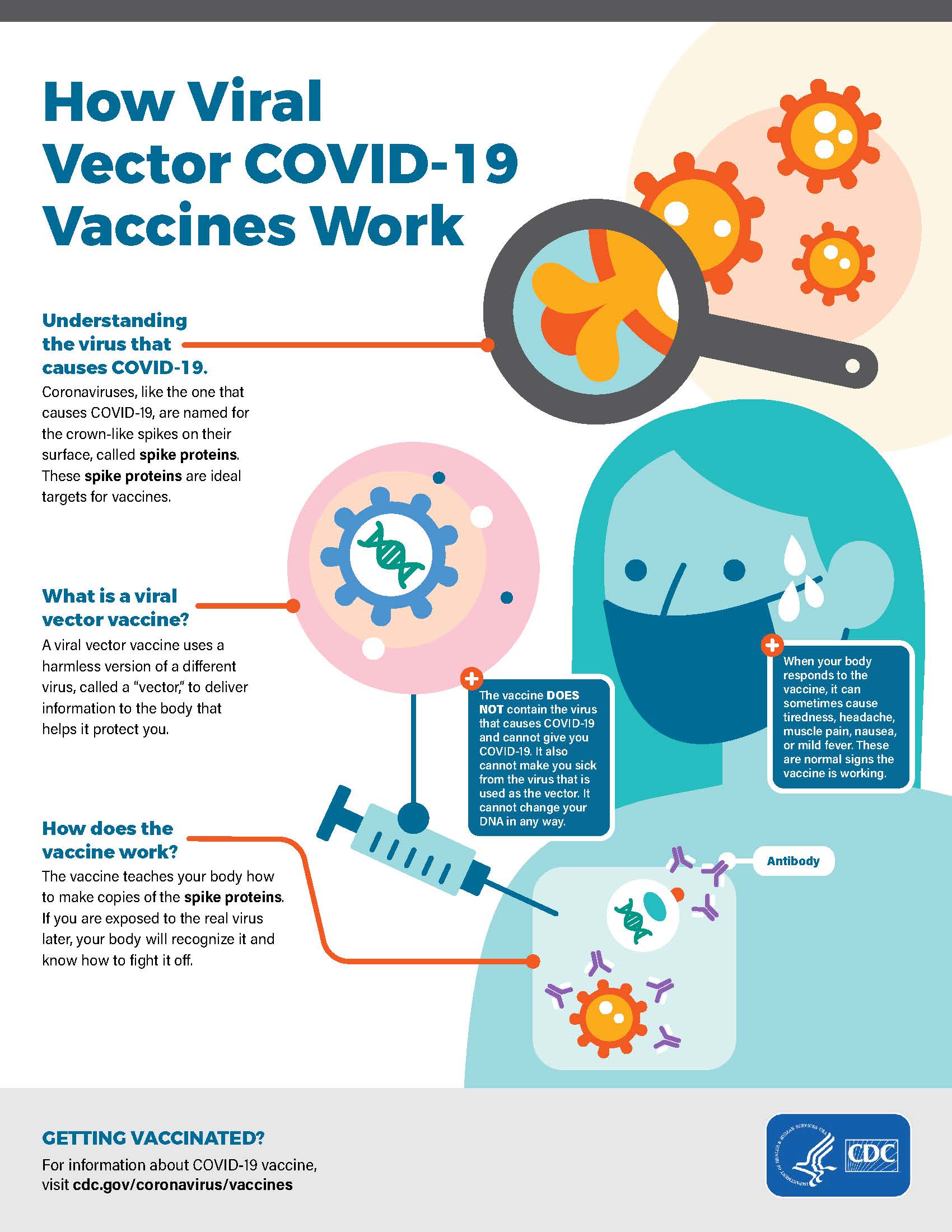

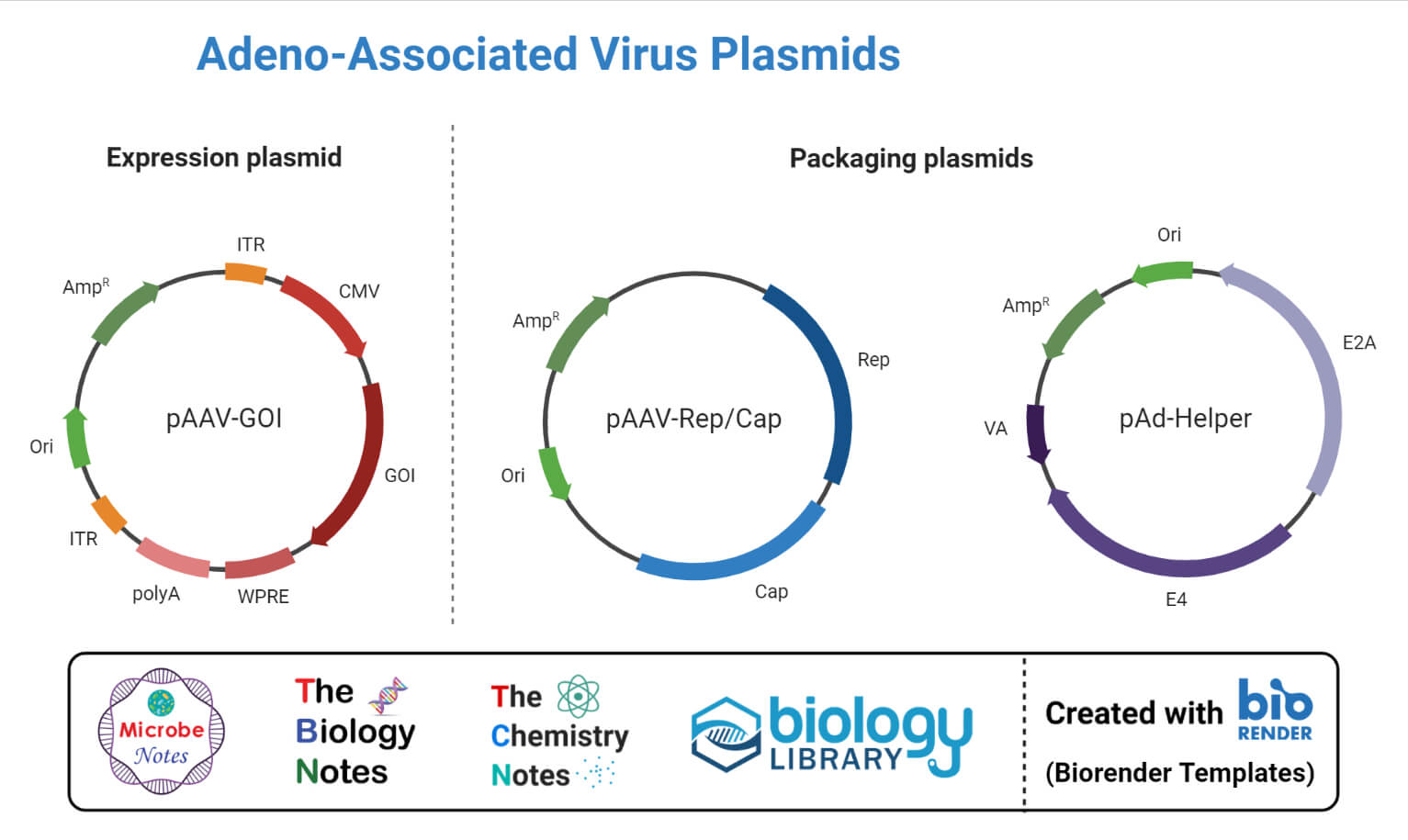

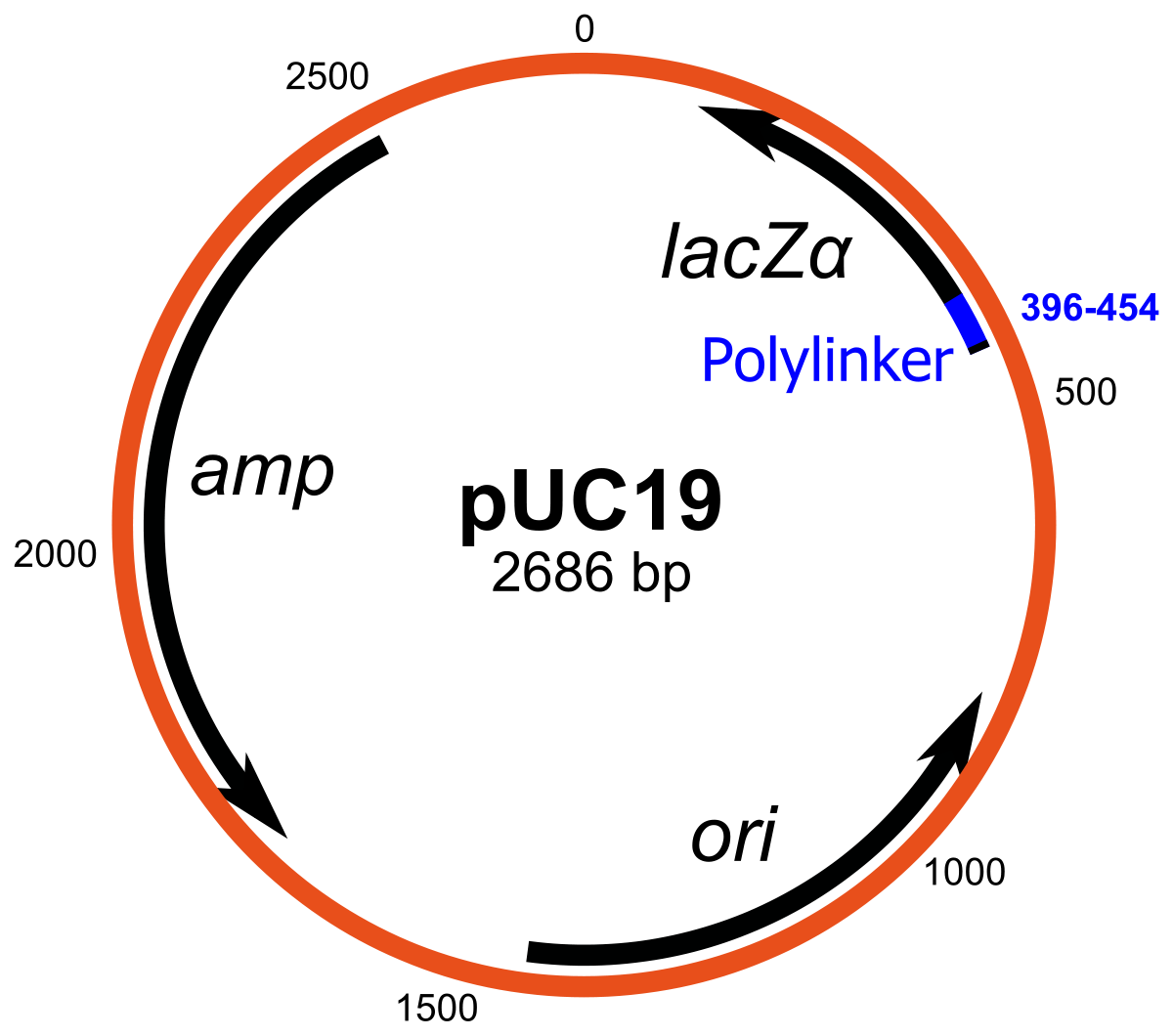



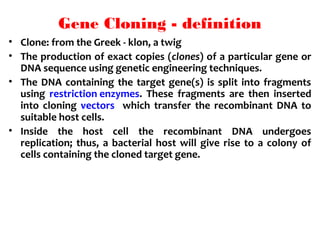
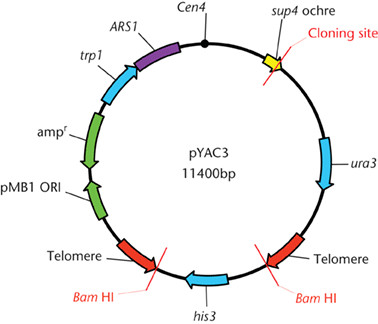
/vector-addition-141482002-599f183d9abed50011663dec.jpg)






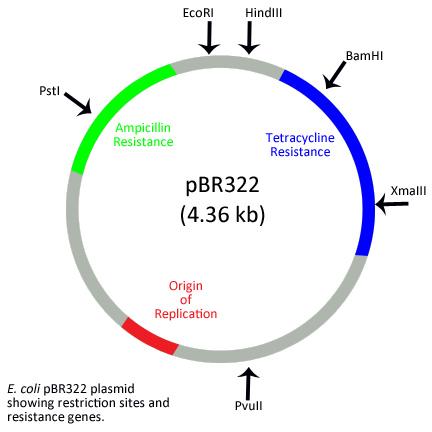
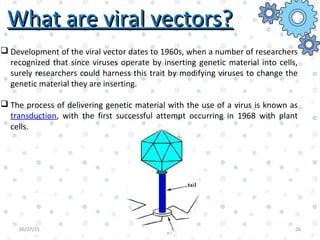
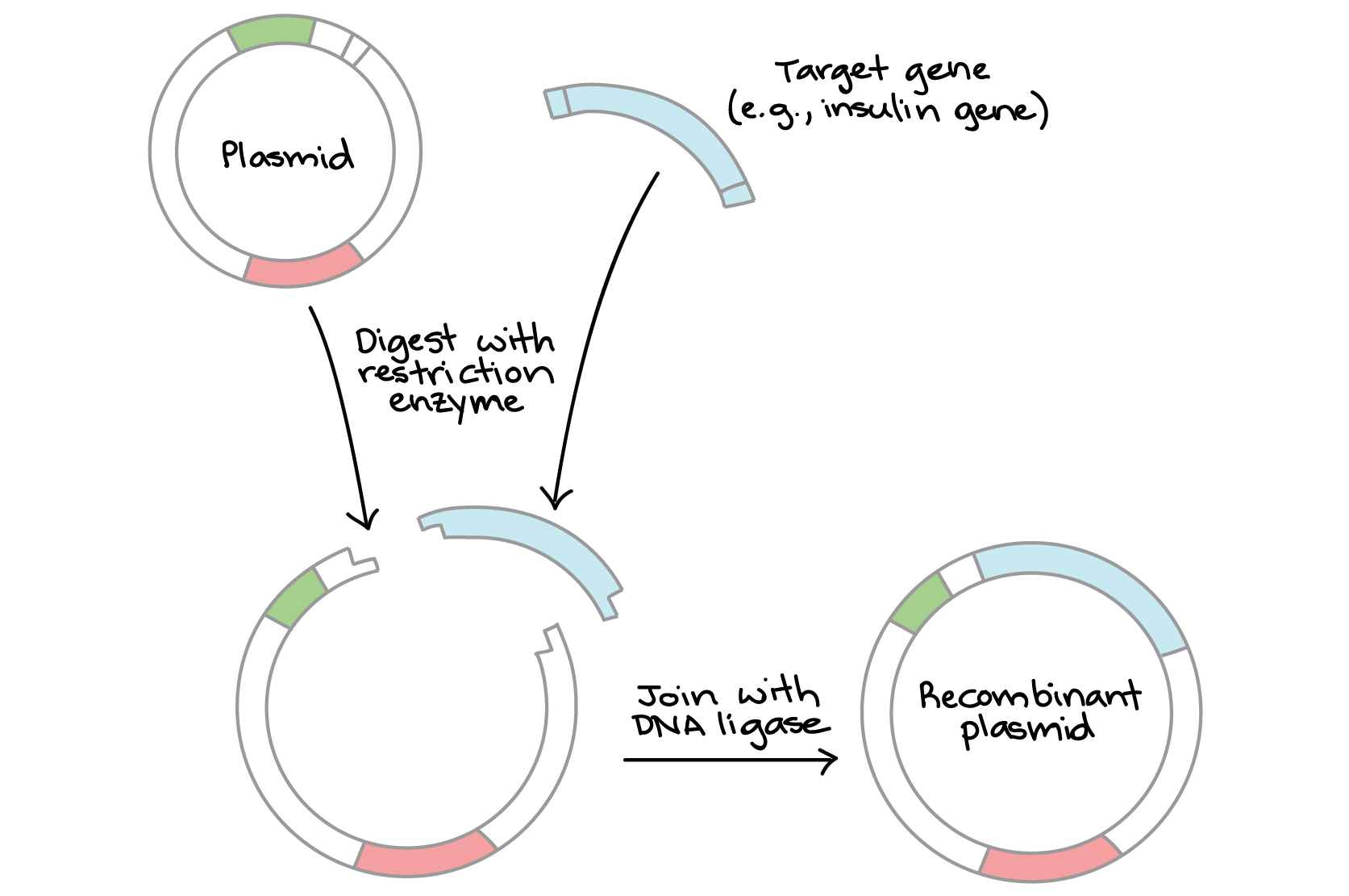
Post a Comment for "38 vector biology definition"